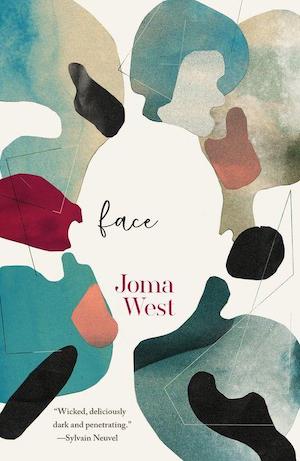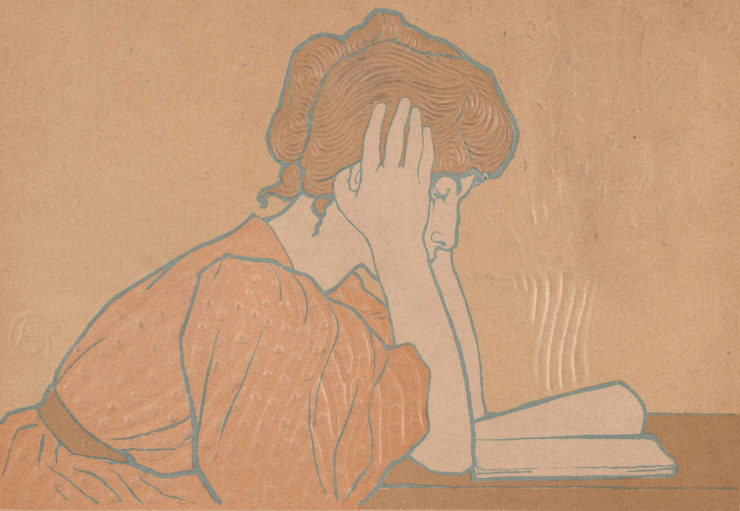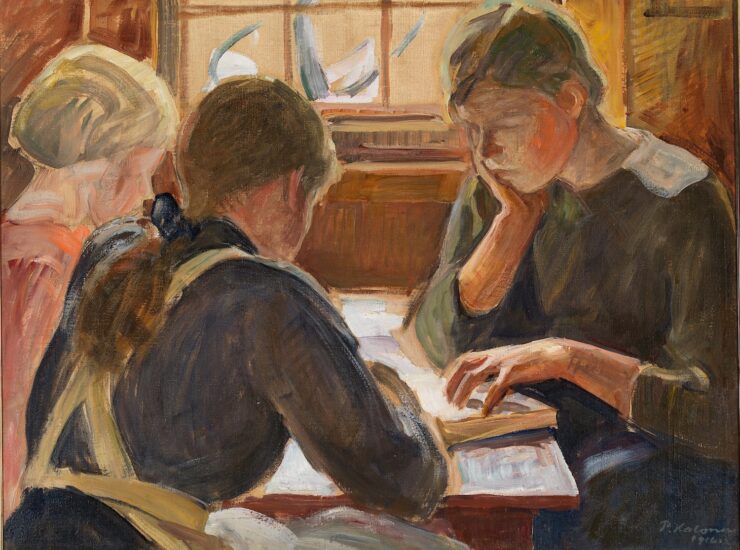The first time I read a book that made me sob—great choking sobs that I desperately did not want anyone to hear me making—I was on a Greyhound bus, reading Where the Red Fern Grows. I was not yet old enough to have learned the painful lesson that, often, when there are loyal or exceptional or loving or generally wonderful animals in a book, bad things are likely to happen to them.
Sobbing on a Greyhound is a memorable experience. But then, so is the experience of reading any book that can reduce you to a puddle, no matter where you are. There is much to be said for books that do the opposite—the ones that light a fire, that lift you up and remind you what matters, that inspire and brighten and gleam. For triumph and the thrill of success, for the books full of excitement and drama, the ones that make you feel like you ought to lean forward in your seat while you read them, to get somehow closer to the action.
But let’s talk about the absolute heartbreakers for a minute.
There are some inevitable spoilers here for The Amber Spyglass, A Wizard of Earthsea, and Fool’s Assassin.
The thing about a heartbreaker is that it isn’t necessarily a sad book overall. Maybe, for that heartbreaking moment to hit hardest, it can’t be; maybe it has to have some of that brightness, that power and hope, to fuel the parts that crush you. Barbara Hambly’s Dragonsbane ruined my teenage self with the painful choice its heroine has to make: live as a dragon, or live as a human. Being a kid who never wanted anyone to leave Narnia or Oz or Wonderland, I wanted her to be a dragon. But I also wanted her to be with her human partner. Both! Let it be both! I didn’t know what to hope for!
It can never be both. Not at the end of Dragonsbane, and not at the end of The Amber Spyglass, which may be less loved than the rest of Philip Pullman’s His Dark Materials, but contains another scene that left me breathless and ragged: Lyra, with no choice but to leave her daemon Pan behind in order to make her way to the land of the dead. I was older when I read this one; I understood a little more of what the story was leaving unsaid, the symbolism of Lyra’s journey, the sacrifice she had to make, the way it teases the later break with Will. I resented it, a little bit. I still cried until my face was puffy. And these kids still saved the day and defeated the Authority. It’s a triumphant story, though maybe more quietly so, and one tinged with loss, one that knows that succeeding is never easy—realistic in that regard, and all the more devastating because of it.
The Knife of Never Letting Go. The Farming of Bones. Code Name Verity. Know My Name. The Shadowglass. We3. Kingdom of Ash, though I am slightly loath to admit it (the witches, though!). They’re not all SFF, but I remember how much I wept in every one of them, and where I was when I read the parts that cracked me open. It’s visceral, unforgettable, that heartbreak; it can burn a book into your mind like nothing else. Even The Wizard of Earthsea, which I first encountered at nine years old: It’s not Ged’s success that I remember most vividly. It’s the still body of the otak, his little animal companion, that I can barely think of without getting emotional.
Buy the Book


Face
Lately, I’ve been looking for books that do this, which may seem odd, given how many dark and terrible things are afoot in the world. But as there are different kinds of emotional pain—the dull throb of a low-level headache, the sharp slice of a papercut—there are different kinds, and levels, of emotional upset. When it seems like everything is a constant drumbeat of sadness and suffering, sometimes I want something sharp, like a cut in the crust of a pie that lets out the steam. I want an acute, precise, and controlled agony, one that will have some resolution by the time I put the book down.
And the heartbreak isn’t always all bad. (Though heartbreakers are, I think, generally quite distinct from sad bangers, which have more to do with melancholy and scope. Heartbreakers make me sob. Sad bangers make me want to lie on the floor for a while. The Amber Spyglass is both.) I get extremely in my feelings at the end of Kristin Cashore’s Bitterblue because the titular queen is just trying so very, very hard to set things right, but her entire country has been hurt by her horrible awful extremely no-good father, and she’s trying to do what she can about that while dealing with her own trauma and the trauma of everyone in court, and there is no easy fix, no simple solution. There’s just work, and more of it, and trying.
Would you like some uplifting heartbreak? There’s a moment in Robin Hobb’s Fool’s Assassin where FitzChivalry Farseer, who has been through two trilogies of stress and fighting and pain already, is finally acknowledged for who he is and how he’s served his court and family. When I got to that point, I had been reading Fitz’s story for almost two decades. It undid me. It’s a moment you never expect and rarely receive: the unsung hero, not just surviving but carrying on their story, finally acknowledged by a court that only wanted to use him for his skills. It was so gratifying that I burst into shocked tears. (On an airplane. Why does this always happen to me when I’m traveling?)
I am guaranteed to sob if something bad happens to animals, if someone has to make a terrible but necessary choice, if sacrifices are made out of love, or if someone is just determinedly doing their best in the face of an uncaring world (I cried in The Past is Red, too). If a character has to watch a loved one die? I’m destroyed. And yet I want to read these stories, want to suck them up and take them in and let them do their worst. At the end, I can put the book down. I can have that small and gleeful satisfaction of fitting it into the right place on the shelf. And I can return, whenever I need it, to that feeling: when your heart is broken, but it’s going to be okay.
Molly Templeton lives and writes in Oregon, and spends as much time as possible in the woods. Sometimes she talks about books on Twitter.














